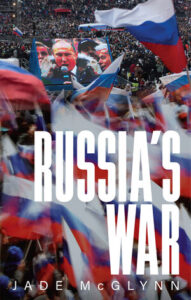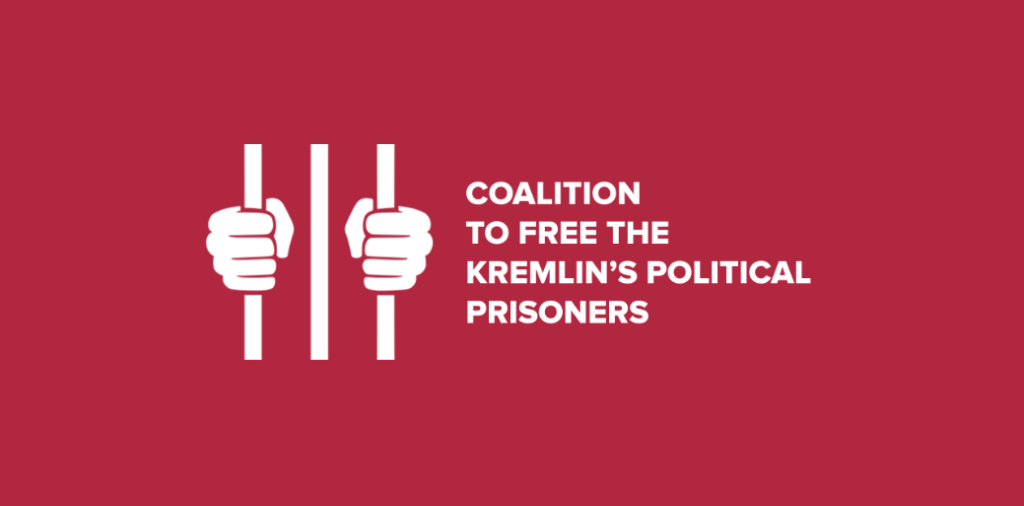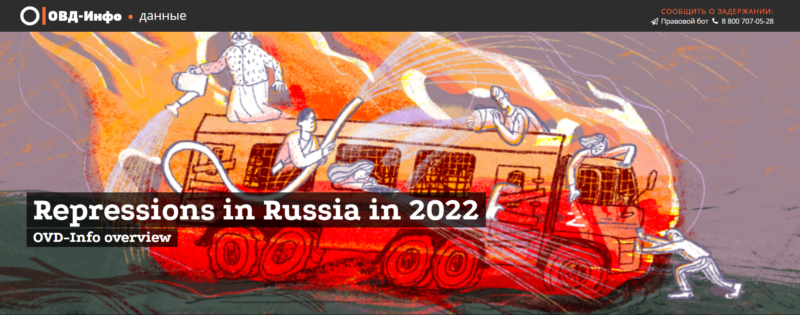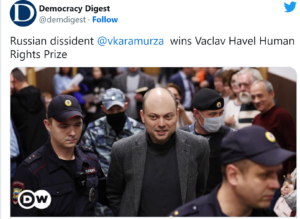With Vladimir Putin facing down a mutiny, FRONTLINE examines how the Russian leader reached this moment of crisis (above). Veteran filmmaker Michael Kirk and his team examine the story of Putin’s rise, his clashes at home and abroad, and how his troubled Ukraine war led to the greatest threat yet to his grip on power.
Anton Troianovski, Moscow bureau chief for The New York Times, explains what Putin’s reaction to the Wagner mutiny indicates about the state of his power. Putin is rewarding loyalty among the ruling elite and showering his most important constituency — the men with guns — with cash. The mutiny gave a glimpse of a post-Putin Russia. Is the window still open?
 Scholars often blame Russia’s re-autocratization on mistakes of individual leaders: Yeltsin or Putin but Maria Snegovaya has an alternative take. After the collapse of the Soviet Union, Russia experienced not a democratic transition but a temporary weakening of the state, evidenced by a lack of elite rotation and the preservation of the same type of institutions that historically characterized Russia’s political system.
Scholars often blame Russia’s re-autocratization on mistakes of individual leaders: Yeltsin or Putin but Maria Snegovaya has an alternative take. After the collapse of the Soviet Union, Russia experienced not a democratic transition but a temporary weakening of the state, evidenced by a lack of elite rotation and the preservation of the same type of institutions that historically characterized Russia’s political system.
Accordingly, subsequent re-autocratization of Russian politics was just a matter of time, she writes in Why Russia’s Democracy Never Began, an article for the Journal of Democracy.
Post-Soviet Russia lacked the robust civic movements and precommunist liberal traditions of other postcommunist countries, just as it lacked the level of development, nation-building tradition, and ties to the West associated with successful cases of democratization, adds Snegovaya, a former Penn Kemble Fellow at the National Endowment for Democracy (NED):
Moreover, seventy years of communist rule had homogenized Russian society. Largely missing from it were the social groups (such as private landowners, capitalists, peasants, unionized workers, and clerics) that aided transitions away from authoritarianism in Latin America and Southern Europe, and provided the basis for democratic opposition politics in those regions. Russia’s civic movements amounted to little more than handfuls of prodemocratic intelligentsia scattered across a few big cities.
 According to the Free Russia Foundation, more than 1,500 activists and journalists left Russia in 2021, going mainly to Georgia, Lithuania and Ukraine, notes analyst Maria Domańska. Such exiled civil society actors are an underestimated agent of change, but political emigrants face deep divisions in their ranks, she writes for the German Institute for International and Security Affairs:
According to the Free Russia Foundation, more than 1,500 activists and journalists left Russia in 2021, going mainly to Georgia, Lithuania and Ukraine, notes analyst Maria Domańska. Such exiled civil society actors are an underestimated agent of change, but political emigrants face deep divisions in their ranks, she writes for the German Institute for International and Security Affairs:
Russian civil society hardly ever cooperates with the Russian democratic opposition in exile. Activists do not perceive Russian politicians as representatives of their interests, values or visions. It is not uncommon to hear reproaches that the opposition ignores or instrumentalises civic initiatives and does not treat activists as natural allies or partners while developing political strategies. If any cooperation occurs between politicians and civil society, it is mostly based on personal links rather than broader and regular inter-group work.

Credit: OVD-Info
Nevertheless, the West’s support for Russian emigrants should be one element of a broader strategy aiming at sustainable political change in Russia, Domańska adds. Although civil society actors in exile are unlikely to play a decisive role in possible systemic changes in the post-Putin period, they can be an important intellectual and operational base for them.
Vladimir Kara-Murza, Vice Chairman of the Open Russia democratic opposition group, has urged more expansive application of U.S. and European targeted individual sanctions. While the task of building a more just Russia lies with the country’s own citizens, outsiders should not “enable Mr. Putin and his kleptocrats by providing safe harbor for their illicit gains,” he said.
 “There’s been a very high mortality rate in the last several years among the people who have crossed the path of Vladimir Putin’s Kremlin — independent journalists, anti-corruption campaigners, opposition activists, opposition leaders,” Kara-Murza told FRONTLINE (above).
“There’s been a very high mortality rate in the last several years among the people who have crossed the path of Vladimir Putin’s Kremlin — independent journalists, anti-corruption campaigners, opposition activists, opposition leaders,” Kara-Murza told FRONTLINE (above).
“I subscribe to every word that I have spoken and every word of which I have been accused by this court,” Kara-Murza said in the closing session of his trial on April 10. “I blame myself for only one thing: that over the years of my political activity I have not managed to convince enough of my compatriots and enough politicians in the democratic countries of the danger that the current regime in the Kremlin poses for Russia and for the world.”







